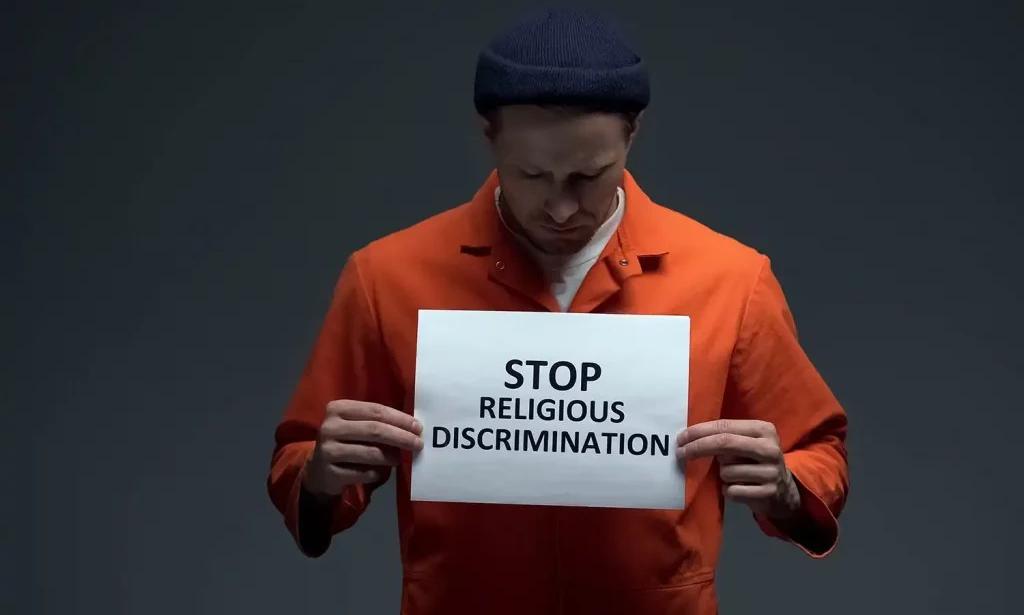
Allahabad HC finds trial court judge’s prejudice against Muslim lawyer discriminatory
text_fieldsA trial judge found to be discriminatory towards a Muslim lawyer while hearing a case involving alleged religious conversions by Muslim clerics, has tendered an unreserved apology before the Allahabad High Court.
The case, which drew attention to fundamental rights violations, centred around Additional District and Sessions Judge Vivekanand Sharan Tripathi's conduct during proceedings related to alleged forced religious conversions by Muslim clerics.
The bench of Justice Shamim Ahmed had last month stayed the orders passed by Additional District and Sessions Judge Vivekanand Sharan Tripathi in a case pertaining to alleged forced religious conversions by Muslim clerics.
The controversy erupted when Tripathi, on January 19, appointed an amicus curiae against the wishes of the accused individuals, citing the frequent absence of the defence counsel, who happened to be Muslim, due to prayers.
This move was perceived by the High Court as a clear act of discrimination based on religion, violating the fundamental right enshrined in Article 15 of the Indian Constitution, which prohibits discrimination on grounds of religion, caste, or sex.
Furthermore, the High Court criticized Tripathi for failing to provide the accused with electronic copies of the evidence, emphasizing the importance of ensuring fair trials and upholding legal mandates outlined in the Code of Criminal Procedure.
In response to the High Court's rebuke, Tripathi appeared before a single-judge bench and expressed remorse for his actions, acknowledging that he had acted under a misconception.
He pledged to exercise caution in the future to prevent similar incidents. The court's order underscored the importance of holding judges accountable to both legal and ethical standards while respecting the independence of judicial decision-making.























